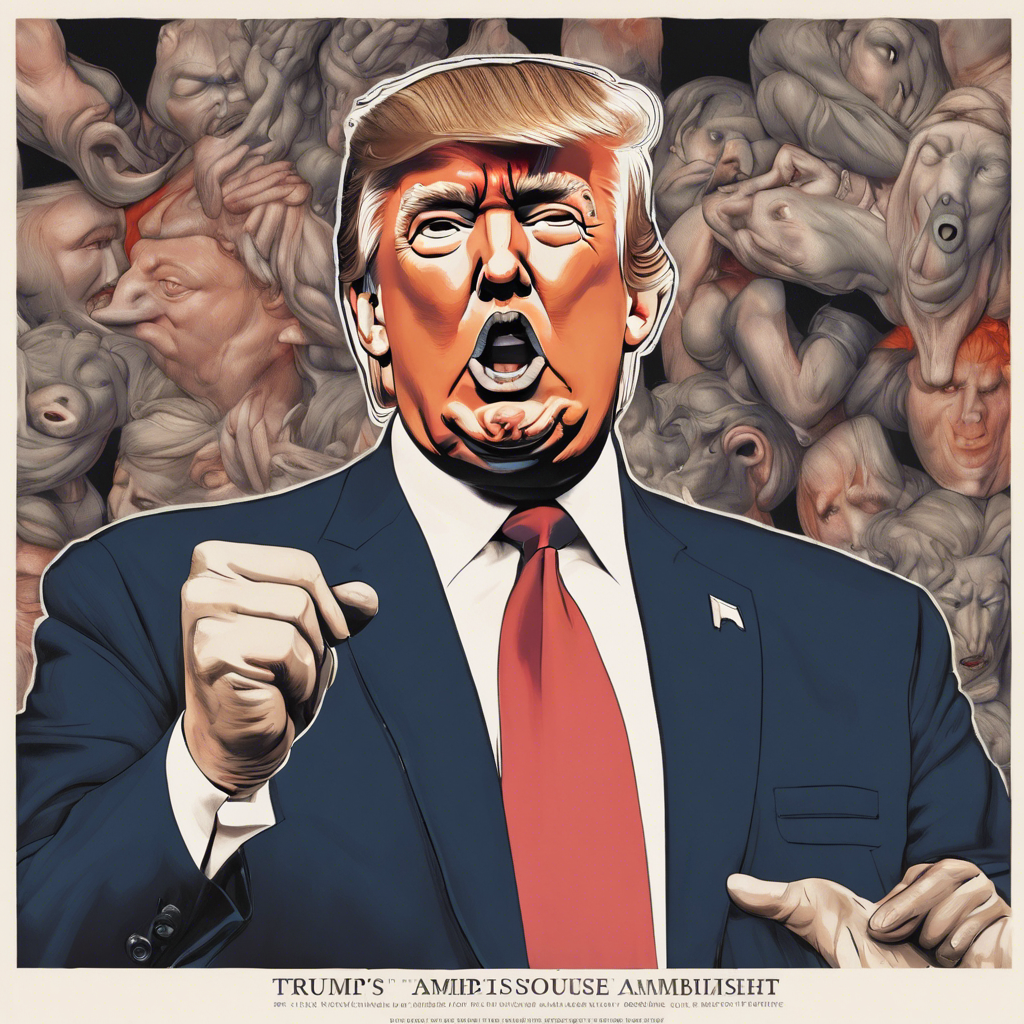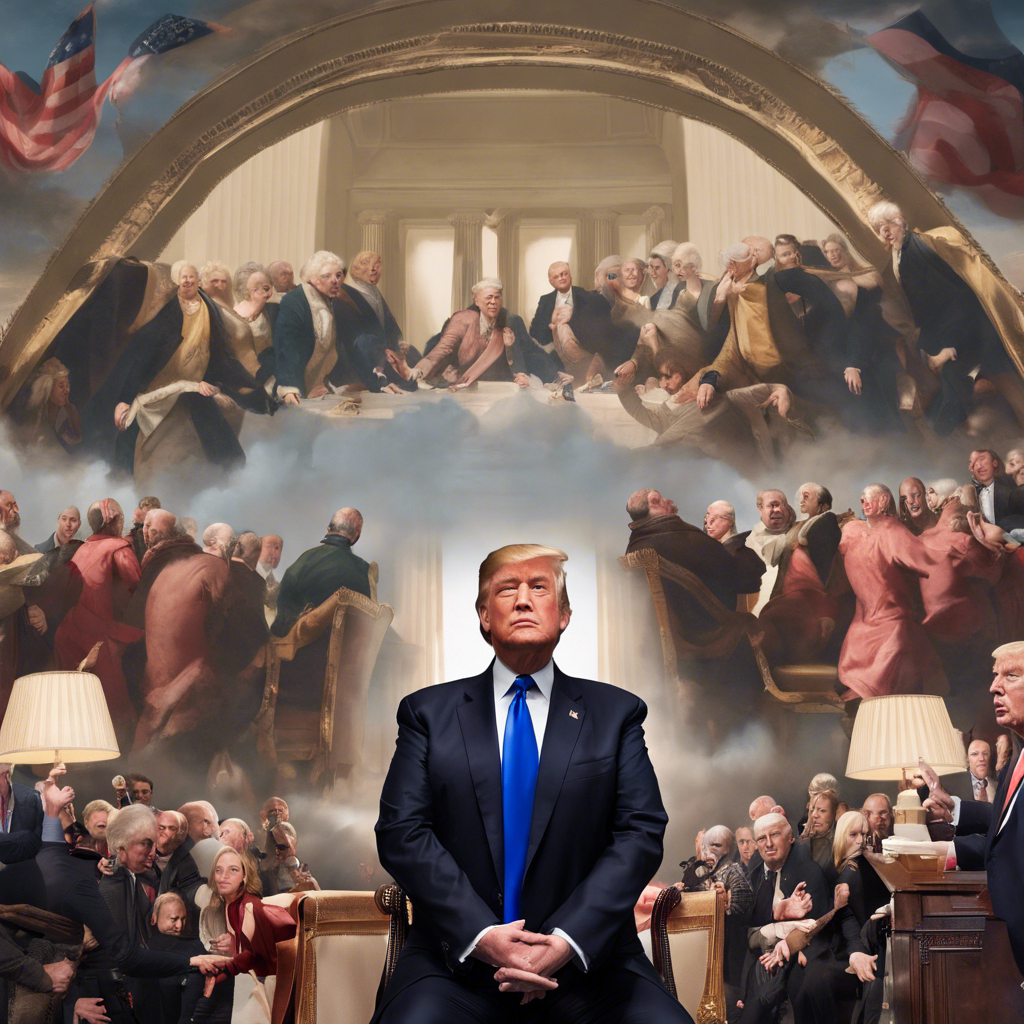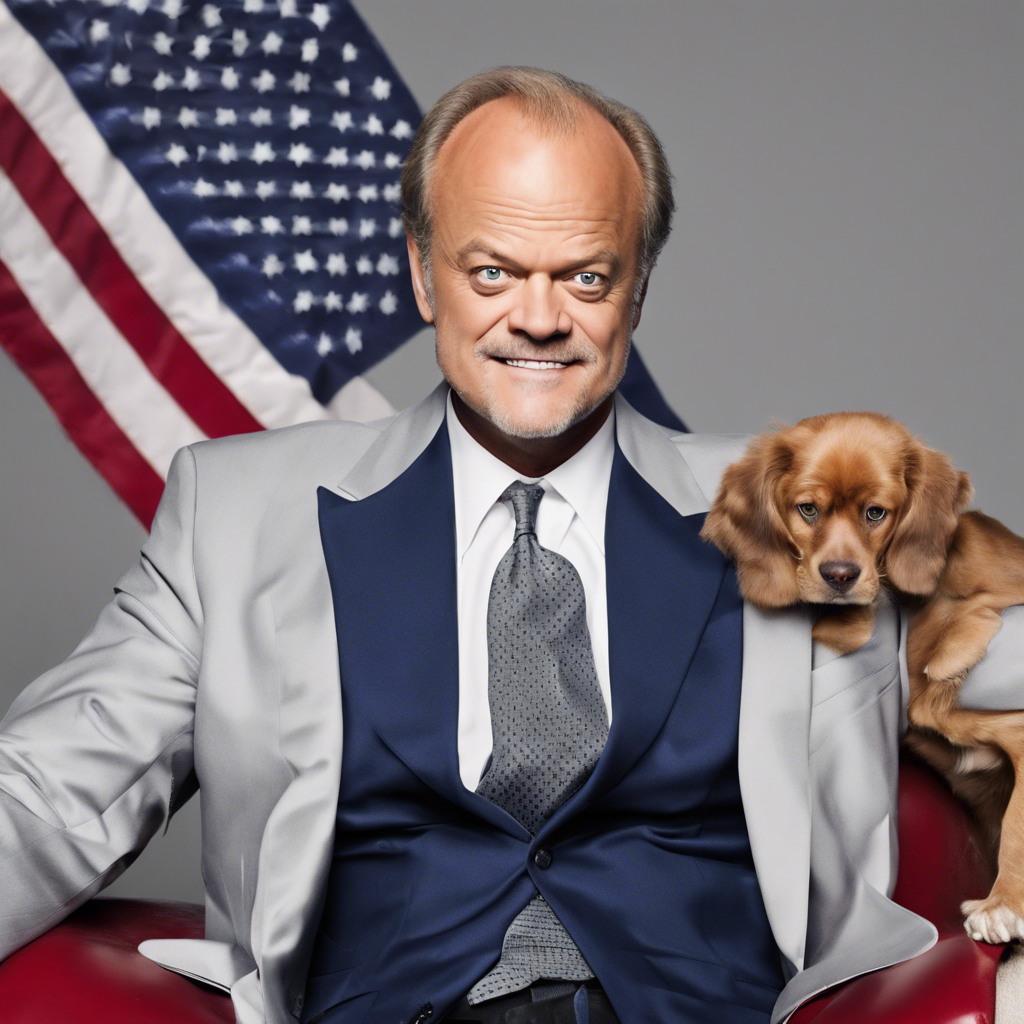The Rise of Billionaire Influencers in American Politics

How the super-wealthy are becoming the new power brokers in presidential campaigns
In an era where political party bosses and backroom deals were thought to be a thing of the past, a new breed of power brokers has emerged: billionaires. These super-wealthy individuals have become the sought-after endorsers and financiers of presidential candidates, wielding their influence and shaping the course of American politics. From endorsements by billionaire-backed super PACs to private phone calls with industry titans, the support of billionaires has become a coveted asset for any candidate. But what does this mean for the democratic process and the voice of ordinary citizens?
The Billionaire Influence
Last week, Americans for Prosperity, a political network funded by billionaire industrialist Charles Koch, endorsed Nikki Haley in her bid to become the Republican nominee. This endorsement was seen as a significant boost for Haley’s campaign, signaling the support of a powerful billionaire backer. Similarly, when billionaire Jamie Dimon, chairman of JPMorgan Chase, spoke with Haley on the phone, and Larry Fink, chairman of BlackRock, attended a gathering in her honor, it made headlines. The influence of billionaires in American politics is undeniable, with their support and endorsements carrying significant weight.
The Republican Party’s Billionaire Backers
Billionaires also play a crucial role in Republican presidential politics. Wealthy individuals have formed super PACs to support their preferred candidates, aiming to consolidate behind a single credible contender and avoid a divided field. For example, when hedge fund billionaire Ken Griffin announced his backing of Florida Gov. Ron DeSantis, it garnered attention. However, the support of billionaires has not been able to slow down former President Donald Trump’s influence within the Republican Party, much like the party establishment’s failed attempts in 2016.
Democratic Presidential Politics
While billionaires also influence Democratic presidential politics, the dynamic is not as pronounced as in the Republican Party. Candidates on the left have courted wealthy donors, but the impact of billionaires in shaping the nomination process is less significant. Nevertheless, the fact remains that the richest among us have a disproportionate influence on who runs for office and who has the financial means to stay in the race.
The Evolution of Campaign Financing
The rise of billionaire influencers can be attributed to several changes in the campaign financing landscape. The diminishing power of party bosses and the increased role of voters in selecting presidential nominees began over half a century ago. After the 1968 Democratic Convention, the party revamped its rules to give more power to voters in the selection of delegates. Congress also enacted campaign finance laws after the Watergate scandal, which aimed to limit contributions and overall spending by candidates. However, these laws began to erode as candidates opted out of the system and raised money beyond the spending limits.
The Era of Super PACs
The Supreme Court’s 2012 decision in Citizens United v. Federal Election Commission further changed the structure of campaign financing. Super PACs, backed by billionaires and multimillionaires, emerged as a new breed of entities. These committees, along with “dark money” groups that do not disclose their contributors, have had a significant impact on elections. Super PACs coordinate closely with candidates, providing crucial financial support that can make or break a campaign.
The Distortions and Limitations
The reliance on super PACs funded by the super-wealthy has led to distortions in the political landscape. Federal rules limit individual contributions to candidates, resulting in candidates seeking out those who can give the maximum amount. This focus on high-dollar donors creates a laborious fundraising process for most candidates, who struggle to raise individual contributions under the federal rules. Moreover, the power of super PACs enhances the influence of mega-rich donors, as candidates court them and their opinions carry weight due to their financial backing.
Conclusion:
The rise of billionaire influencers in American politics raises concerns about the role of ordinary citizens in the democratic process. While voters have more say in selecting presidential nominees than in the past, billionaires hold disproportionate power in shaping the field of candidates and determining who has the financial means to stay in the race. The system today is an unintended consequence of changes in campaign financing laws and the emergence of super PACs. As the primary and caucus season approaches, voters will have the opportunity to make their voices heard and challenge the influence of billionaire backers.










